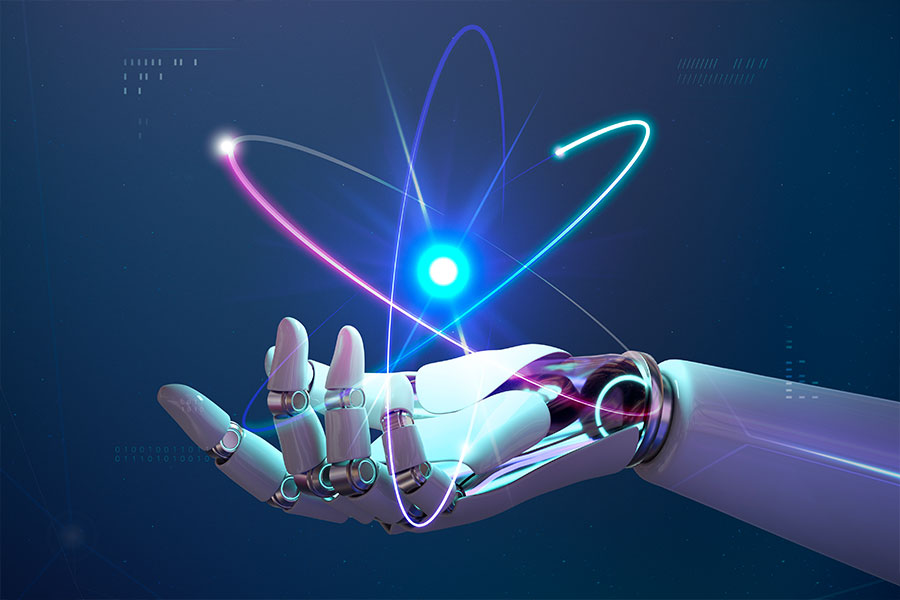Accuracy vs. Precision vs. Recall in Machine Learning | What’s the Difference?
When you first dip your toes into Machine Learning, you’re bombarded with terms that sound both exciting and a bit intimidating.
Three of these key terms – accuracy, precision, and recall – are often used interchangeably by beginners.
But the thing is, they’re not the same.
Understanding the difference between them can make a world of difference when you’re building or evaluating a model.
So, let’s break down the difference between accuracy, precision and. recall in machine learning.
Accuracy – the all-in-one score
Let’s say you’re a basketball player.
You take ten shots, and seven of them go in.
That’s a 70% shooting accuracy.
In machine learning, accuracy works the same way. It’s simply the proportion of correct predictions out of all predictions made by your model.
But here’s the catch – accuracy can be deceiving. Imagine you’re shooting at a hoop that’s as big as a swimming pool. Getting a high accuracy wouldn’t be much of a challenge, would it?
Similarly, in machine learning, if your model is dealing with imbalanced data (like predicting whether a rare disease is present), accuracy alone won’t tell you if it’s actually performing well.
You could get 95% accuracy by always predicting the disease isn’t there, but that’s not exactly useful.
Precision – the sharp shooter
Now, let’s say you’re a sniper instead of a basketball player.
Precision is your bread and butter.
It’s all about hitting the bullseye.
In machine learning, precision measures how many of your positive predictions were actually correct.
If you say someone has a disease, precision tells you how often you were right.
Precision is crucial when the cost of a false positive (saying something is true when it isn’t) is high.
Think about diagnosing a patient with a serious condition. You don’t want to tell them they have it unless you’re pretty sure.
High precision means you’re rarely wrong when you say “yes,” but you might not say “yes” as often.
Recall – the wide net
Recall, on the other hand, is like fishing with a wide net.
You want to catch every fish in the sea, or in machine learning terms, you want to find all the relevant instances.
Recall measures how many of the actual positives your model correctly identified.
Recall is vital when missing a positive is costly.
For instance, in cancer screening, you’d want to catch every single case, even if it means raising some false alarms.
High recall means you’re good at finding all the positives, but you might pick up some negatives along the way.
Bringing it all together
Here’s the thing – accuracy, precision, and recall are like different flavors of ice cream – they all have their place depending on your taste, or in this case, your task.
If your data is balanced and mistakes aren’t too costly, accuracy might be enough. But if you’re dealing with skewed data or high stakes, you’ll want to pay close attention to precision and recall.
In real-world applications, it’s often a balancing act between precision and recall.
The perfect model would have high scores in all three, but that’s rare.
More often, improving one means sacrificing the other, and it’s up to you to decide which trade-off makes the most sense.
So, next time you’re building or evaluating a machine learning model, remember that accuracy, precision, and recall aren’t just buzzwords.
They’re tools that, when used wisely, can help you create models that are not just smart, but truly intelligent.
For tailored AI/ML solutions trust PeritusHub to turn complexity into clarity. Let us help you build smarter, more effective models for your business!












